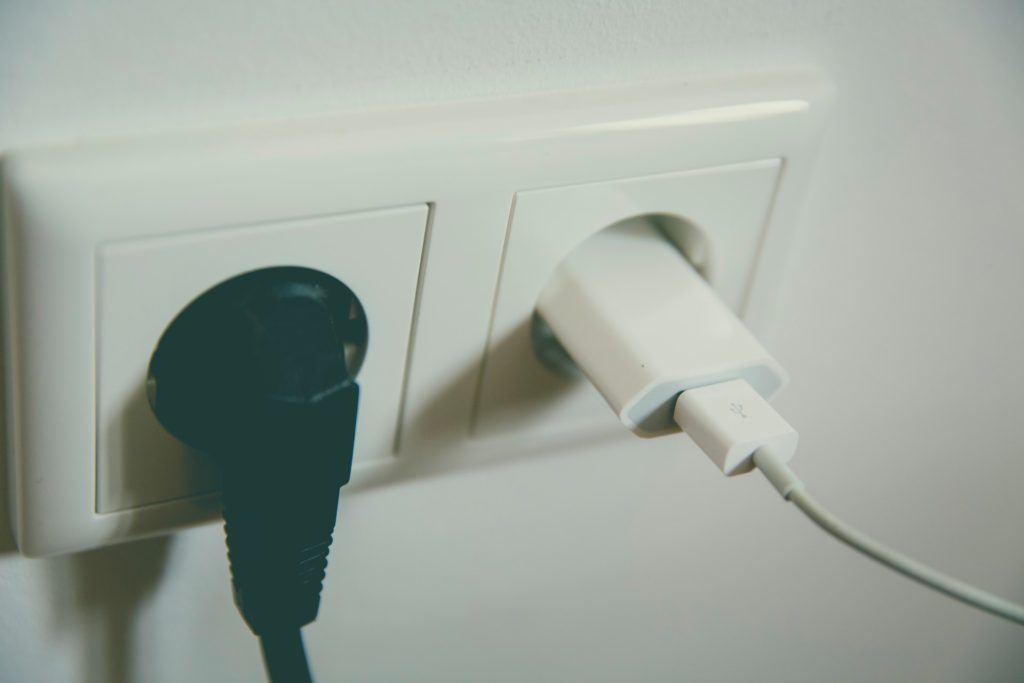I am sitting in my primary care office exam room facing my patient. I ask whether she has an advance directive. In a not so uncommon response, I hear a defiant “my family knows to pull the plug!”
In my head, I ask, “but do you even want to get plugged in?”
My mind flashes back to a moment during my days in the hospital, caring for patients in the Intensive Care Unit. The hospital room is large with white linoleum floors, white walls, a white tiled ceiling, and accents of medical blue. Big windows let in morning light and overlook the distant springtime tree line. The air smells of light bleach and single use plastics. The room is crowded with medical equipment: a big ventilator rhythmically hums, towers of infusion pumps provide intravenous fluids, big and small monitors beep and flash warnings.
In the center of it all, is a human being. He is seemingly tiny as he is tucked into a hospital bed under white blankets. He is sedated and tethered to the room with IVs, wires to monitors, and most notably, a tube that enters through his mouth and connects his lungs to the ventilator.
Several members of his family surround him, exchanging glances, touching his hands, and whispering into his ears. He is an 83 year old husband, father, and grandfather. He suffered from a heart attack at home a few days ago and a resuscitation was attempted. The CPR was successful enough to restore a pulse, but over the past few days, he has not regained any meaningful function. He will not make a recovery.
His family is here today for a “terminal extubation.” During this final procedure, a patient who is dependent upon a ventilator, but without any meaningful brain function or quality of life, is removed from this life support. The tube is removed from the throat, morphine is used as needed for comfort, and the patient is monitored until they take their last breath. The amount of time from removal of the tube to death ranges from a few breaths to sometimes much longer.
The decision to withdraw care is one of the hardest decisions. It always feels too soon. There is always the hope for a miracle.
If the family is not confident of the patient’s wishes, this decision to “pull the plug” is one of the most difficult decisions of a lifetime. I wish this experience on no one.
So, what if we rewrote history a little. What if this man had had the heart attack at home, but in his older years had created an advance directive that stated he did not want to be resuscitated in the event of death? Instead, he wanted to pass away as nature intended and on the terms of his own body. In essence, he never got plugged in.
The process to becoming dependent on life support is not singular. It is a cascade of medical decisions that start in someone’s living room, to an ambulance, to the hospital, and ultimately, to an ICU on a ventilator or equivalent life sustaining machine. With an advance directive, you can decide at what point along the cascade you would like to exit and allow your body to run its natural course. These conversations with family members are critical in allowing them to feel comfortable making these decisions for you.
You might say, “my family knows to pull the plug,” but you might want to consider never putting them in the difficult decision to decide when to withdraw care.
An advance directive is one of the greatest gifts you can leave for your family members. Of course, the conversations you have with your family around an advance directive are the most important stage in the process.
